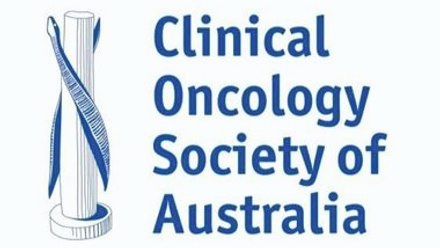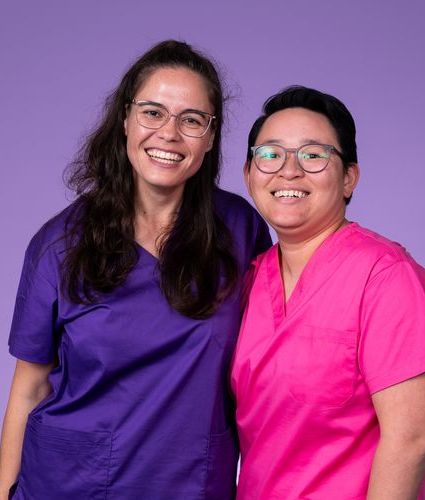Healthcare Reforms
Healthcare reforms that deliver: Actions for immediate impact
CNSA supports the following actions that represent a step toward more affordable and accessible healthcare
Patient Access to Specialist Care, Faster
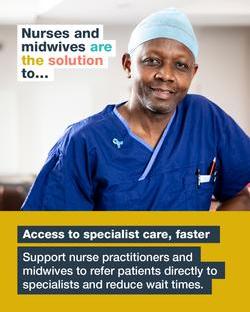
Enable nurse practitioners to directly refer patients to relevant specialists, reducing waiting times for care
- Enabling nurse practitioners to make direct referrals within their scope of practice, as per the recommendations of the Scope of Practice Review, will ease the burden on GPs, reduce wait times and costs for people affected by cancer and enable them to receive timely access to care.
- This action would help support nurse practitioners to participate in the broader multidisciplinary care team involved in cancer care and refer to supportive care services and specialists to ensure timely access to care for people affected by cancer.
More Nurses, Especially in Rural and Remote Australia
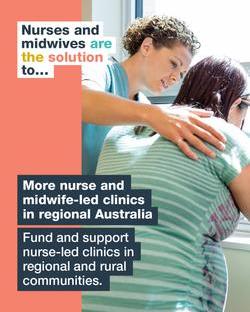
Introduce funding and regulatory reforms that support nurse-led clinics and innovative care models, particularly in rural, remote and underserved communities
- People living in remote areas of Australia are 1.3 times more likely to die from cancer and have a lower 5-year relative survival rate compared to those living in major cities.1
- Nurse-led clinics have been expanding across Australia to support increased access to care and reduce waiting times for Australians living in rural, remote and underserved communities.2
- Nurse-led models of care have the potential to increase access to care across the cancer continuum from screening, diagnosis and treatment to survivorship.3–5
Support Registered Nurses to Prescribe Under the PBS

Work with State and Territory Governments to pass laws to support qualified registered nurses to prescribe approved medications under the PBS
- The new Registration standard Endorsement for scheduled medicines – designated registered nurse prescriber that comes into effect later this year will enable registered nurses to prescribe approved medications.
- To support the implementation of this standard, changes to legislation are needed to enable registered nurses in all settings in every State and Territory to prescribe under the PBS.
- This action could support the implementation of nurse-led models of cancer care, enabling people affected by cancer to have affordable and efficient access to treatment, avoiding unnecessary hospital appointments and alleviating pressure on the healthcare system.
Access to Pathology and Diagnostic Imaging Faster
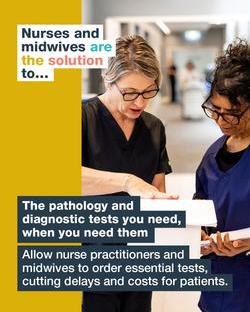
Authorise nurse practitioners and qualified registered nurses to order diagnostic tests, that would support increased access to cancer care
- Enabling nurse practitioners and qualified nurses to order diagnostic tests within their scope of practice, as per the recommendations of the Scope of Practice Review and Nurse Practitioner Workforce Plan, will support faster diagnosis and reduced costs for people affected by cancer, especially in rural and regional areas.
- This action could support increased access to national cancer screening programs for people living in rural and remote areas, support nurse-led models of cancer care, and enable ongoing monitoring in survivorship.
The Highly Trained Workforce Australians Need
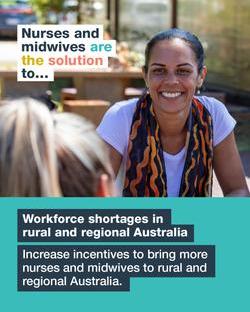
Implement a primary care healthcare workforce development strategy to unlock 15,000 extra education and training places for Registered Nurses and Nurse Practitioners in the places and settings that need them most
- This action will help build a sustainable nursing workforce and ensure the health system can respond to the needs of our growing population and the increasing burden of cancer.1
- This aligns with the Australian Cancer Plan that acknowledges the crucial role primary care plays throughout the cancer continuum in delivering cancer prevention, screening, surveillance and survivorship services and the need to grow the primary care workforce in rural and regional areas.
These reforms represent a crucial step toward enabling cancer nurses to work to the top of their scope of practice to deliver optimal care outcomes for people affected by cancer.
-
Australian Institute of Health and Welfare 2021. Cancer in Australia 2021. Cat. no. CAN 144, Accessed: October 2022. Available at: https://www.aihw.gov.au/reports/cancer/cancer-data-in-australia/contents/overview
-
Hannah Beks, et al. Evaluated nurse-led models of care implemented in regional, rural and remote Australia: A Scoping Review. Collegian 2023;30(6):769-78.
-
Glenister, K., Witherspoon, S. & Crouch, A. A qualitative descriptive study of a novel nurse-led skin cancer screening model in rural Australia. BMC Health Serv Res 2022;22:1019.
-
Dufton PH, Tarasenko E, Midgley K, et al. Implementation of a nurse-led, multidisciplinary model of care for older adults with cancer: a process evaluation protocol. BMJ Open 2024;14:e077005.
-
Chan RJ, Crawford-Williams F, Crichton M, et al. Effectiveness and implementation of models of cancer survivorship care: an overview of systematic reviews. J Cancer Surviv 2023;17(1):197-221.






